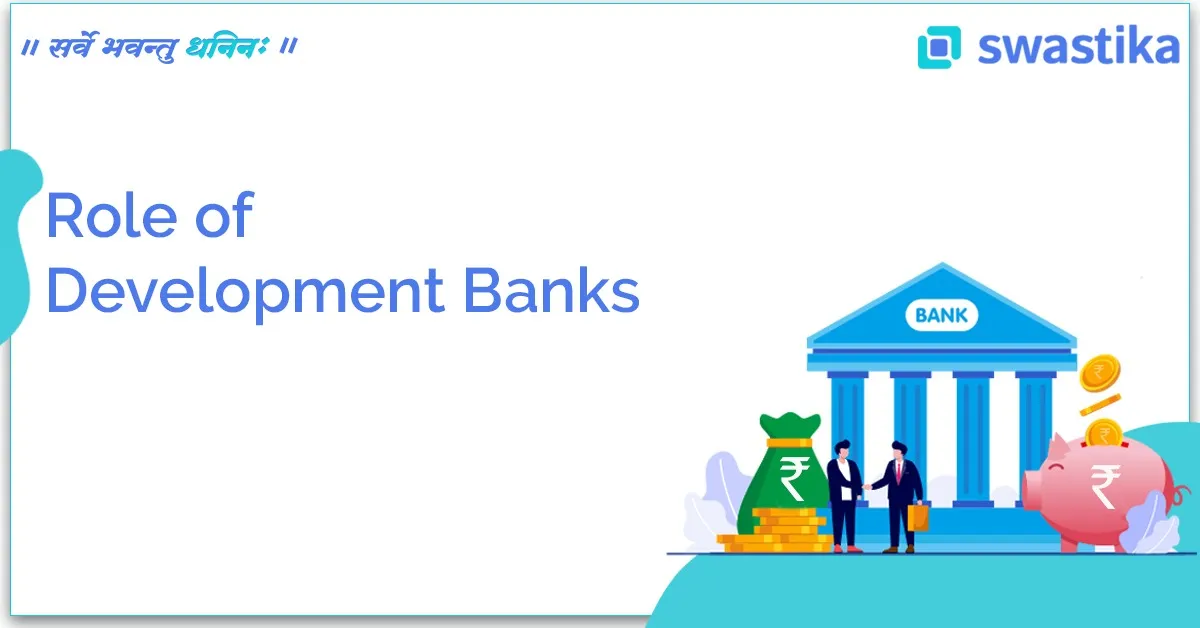The Bitter Truth of the Indian education system is that it has completely side-lined capital markets as a subject altogether. The knowledge is not integrated, it is not taught as a life-skill and furthermore, the educational institutions lack the much-needed regulations. This one of the reasons why most of the students are not conscious of the prominent and elite career opportunities present in the scope of the stock markets.
In the recent decade, a shortage of trained professionals in the financial market has prompted the need for specialized professionals in various verticals ranging from stock traders to venture capital analysts.
It is good to see many enthusiastic and young people from other professions are interested in checking their luck in the Stock Market. However, specific precautionary steps are necessary before considering Trading as a full-time profession even if you have decent success as a Trader as the Market situations always change. Besides, I have noticed people attracted to the luxuries available in Trading, and sometimes they plan to jump to Full-time trading to avoid the problems in their current profession.
In India, many young adults refrain themselves from any investing decisions until their financial situation becomes, at least theoretically, more stable and therefore, a small chunk of the population is exposed to the equity investment compared to other developing countries, and we see immense opportunities lying out there in the stock market considering the phenomenal growth in the last decade or so.
Stock Market Represents Health of Any Economy
As the stock market is one of the key barometers that represent the health of any economy, the growth story of India coupled with the current low rate of penetration in the stock market suggests that there will be increased demand for professionals in this sector.
For people who are interested in making a career in the stock markets, the opportunities are plentiful. For instance, one could work with a buy-side firm such as a mutual fund, hedge fund, pension fund etc., or with a sell-side firm such as a broker, an advisory firm, an investment bank etc.
Apart from the diversity of companies that employ people willing to work in the stock market, the positions for which these companies hire is also just as diverse. For instance, companies hire for the position of a Fundamental Analyst, Technical Analyst, Risk Analyst, Derivatives Analyst, Investment Banker, Mutual Fund Manager, Hedge Fund Manager, Wealth Manager, Economist, Financial Planner, Trader, Dealer, Systems Developer etc. The list simply goes on such as the diversity of working in the stock market.
On the education front, there are a lot of finance-related courses that one could pursue to make a career in the stock market. The internationally recognized ones the Chartered Financial Analyst (CFA) program, the Financial Risk Manager (FRM) program, the Chartered Market Technician (CMT) program, the Chartered Alternative Investment Analyst (CAIA) program, the Certified Financial Planner (CFP) program, Master of Finance, Master of Business Administration with specialization in Finance, etc. Pursuing one or more of these courses opens the door for entering the highly competitive world of stock markets.
Besides these courses, there are a lot of short-term courses that are available in India, such as the ones conducted by the NSE and the BSE. NISM certifications are considered to be the standard in the field of trading and investments. They are recognized by the exchange and many of them are mandatory for market participants.
Commerce degrees such as B.COM, BBA/BBM, MBA, PGDF, PGDM etc. have little to no emphasis on stock markets, trading or investing as a subject. These courses are considered to be a standard, and many undergraduates go on to pursue an MBA hoping for a value-add in terms of their employability, but in real terms, it adds little to no value in terms of the knowledge offered. However, there are a handful of institutes that are good.
However, there is a tendency among most aspirants to complete as many degrees as possible to become more employable. Beyond a point, degrees and certificates don’t matter. Hence, it’s best not to focus too much on the theoretical aspect of finance but rather on the practicality which can only be earned with years of experience.
Financial Markets have grown tremendously in the past decade in terms of participants and volumes but a proper education and training system in this industry is still missing.


.png)




.webp)
.webp)

.webp)






